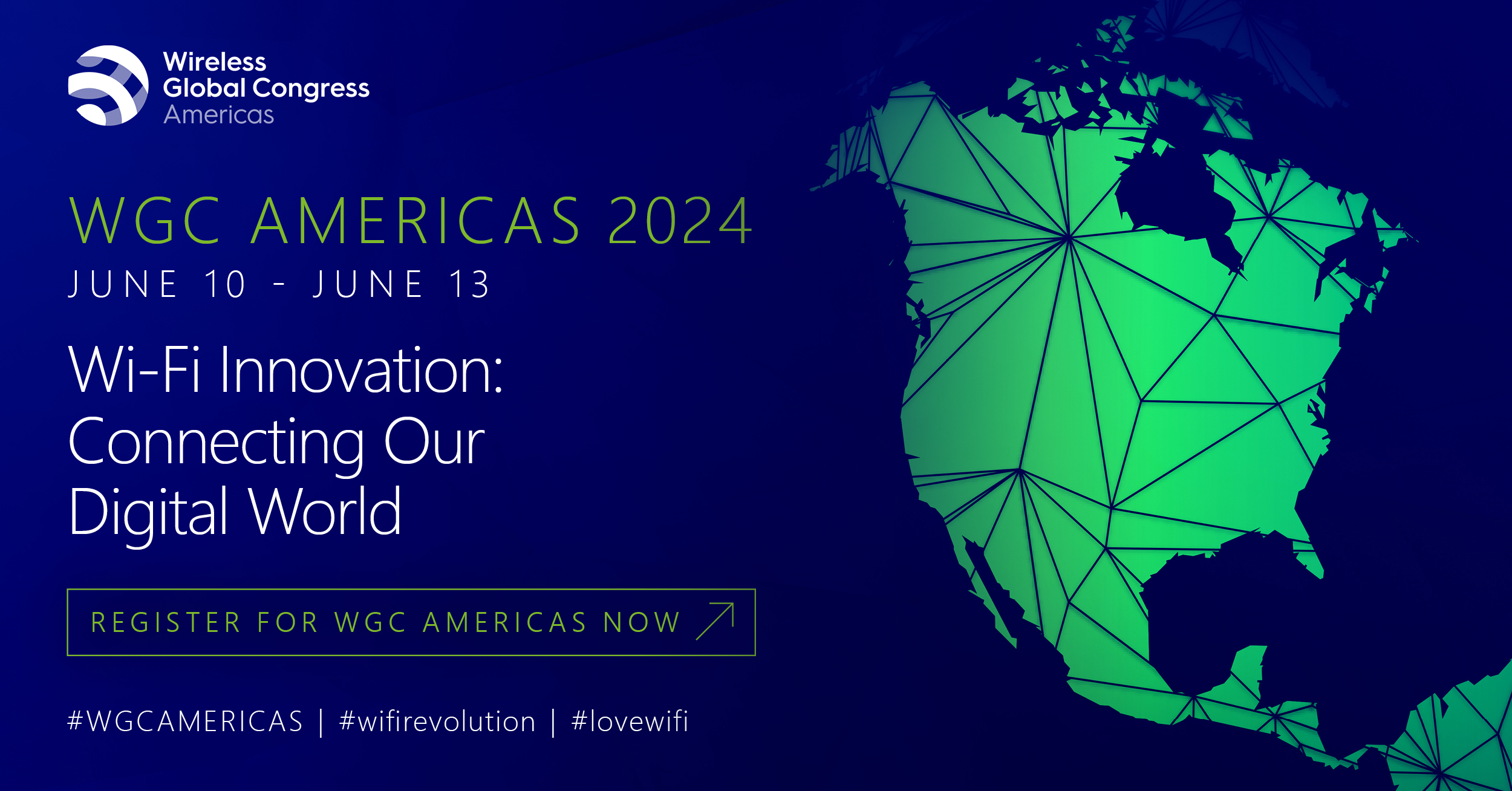World Wi-Fi Day is a unique worldwide initiative, organized by the Wireless Broadband Alliance under the leadership of the Connected City Advisory Board (CCAB), that saw its inaugural date take place on 20 June, 2016. It aims to celebrate and champion the significance of Wi-Fi in cities and communities around the world, while also drawing attention to the challenges faced in bridging the digital divide.
Dozens of service providers and companies around the world are currently launching projects that will help “connect the unconnected,” and World Wi-Fi Day will serve as a platform for them to share their success stories, as well as seek additional support and funding if necessary.
We recently had the opportunity to speak with Mawingu Networks Ltd. about two major initiatives in Kenya – Extend Internet Penetration, and Coverage Expansion.
Tell us a little bit about Mawingu and the current status of connectivity in Kenya.
Mawingu Networks Ltd is a registered Kenyan company that is offering nomadic Wi-Fi through hot spots using low-cost wireless technologies.
Currently, Kenya has a population of 45,925,301, out of which 31,985,048 have access to internet. This translates to a penetration level of 69.6%.
What is Mawingu’s background?
Mawingu started operations in the central Kenyan counties of Laikipia, Nyeri, Embu and Meru. These four counties have a combined population of 2,932,896. If we apply the National penetration level, we have a potential client base of 2,041,296 with a possibility of reaching the remaining percentage through aggressive consumer awareness.
The business model of Mawingu is to reach the low income earners who struggle to pay for internet from mainstream providers due to high cost or lack coverage. Mawingu offers internet at an affordable cost of $1 per week and $3 per month. Mawingu has moved in to fill this gap by putting up solar powered network to provide internet to our customers at the lowest possible cost.
Mawingu users are accruing many benefits such as saving large sums on expensive mobile data bundles from mainstream internet service providers. Additionally, users of the cyber café connected by Mawingu are saving on journey costs and times. Mawingu clients are making use of Mawingu high bandwidth connection to conduct business online, with the ability to research the best farm products and market for farm produce. They are also able to access government services online such as filing tax returns, tendering, and general information. Mawingu has created lots of job opportunities to the people who manage hotspots by registering users who in return earn commission.
What plans does the Government of Kenya have to increase connectivity throughout the country?
The Government of Kenya is pushing for significant internet penetration in the country. This can be evidenced in Vision 2030, where they have created a road map to make Kenya a digital country. Short-term efforts have been implemented as well, such as removing taxes on radios which saves ISPs a reasonable amount of money. The Government is also very aggressively extending power grids to every part of the country, which will be achieved through the rural electrification program.
Can you share an overview of the Extend Internet Penetration and Coverage Expansion projects?
With Extend Internet Penetration, we are aiming to extend internet penetration in Kenya to a population of approximately 300,000 people – in Meru, Laikipia, Nyeri, and Embu County. The overall goal of this is to achieve an average of 10,000 additional customers, which would be a significant increase from the current 6,000.
As for Coverage Expansion, the goal of this initiative is to expand the existing internet service in Nanyuki Town, which will be achieved by installing 20 new access points. We would hope that each access point could bring upwards of 50 new customers, for a total of approximately 1,000 new customers across the board.
Learn more about Mawingu’s initiatives here.






